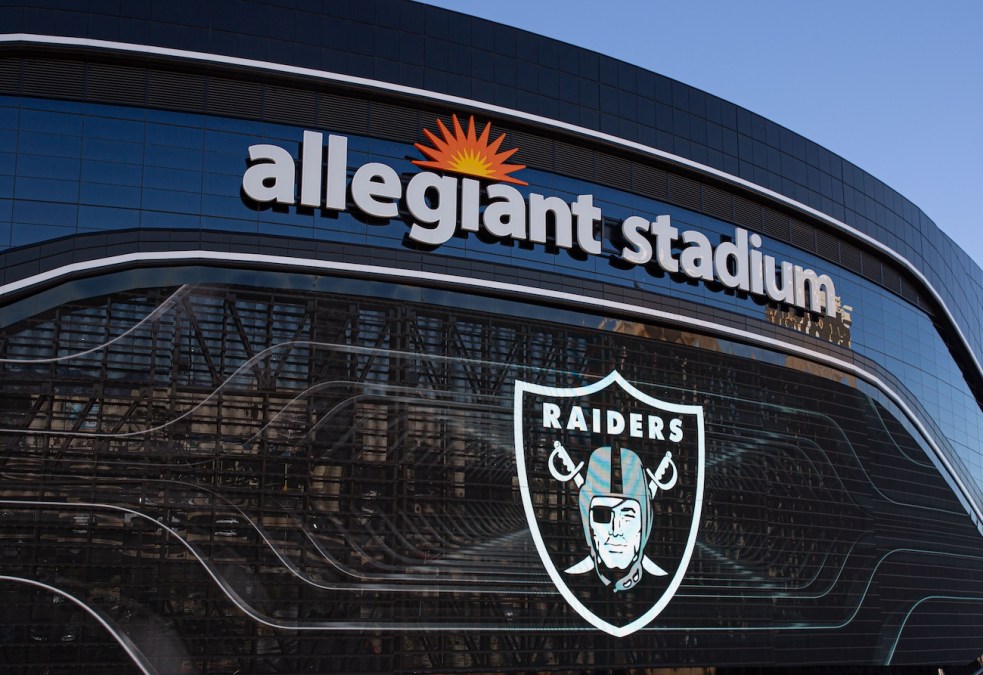Las Vegas police, NFL at odds over use of facial recognition at football stadium

The Las Vegas police union and NFL are at odds over the use of facial recognition technology at Allegiant Stadium, where the Las Vegas Raiders play, as the league requires all employees working the stadium — including police officers working security during the games — to undergo facial recognition scans.
Last month, the NFL announced its plans to expand the technology to all 32 professional football stadiums after signing a contract with the identity verification firm Wicket. The contract followed a pilot project conducted last year with a few stadiums.
Wicket allows fans to take selfies and verify their identities with their event tickets before games. Upon arriving at stadiums, fans can allow their faces to be scanned before entering.
While using the Wicket service has been optional for fans, Steve Grammas, president of the Las Vegas Police Protective Association, said it’s now being required of those who work the football games, NPR reported.
Grammas said the NFL is also requiring police officers who wish to work the games to submit photos, personal data and waivers to Wicket. He told NPR he was concerned about what the company might do with the information.
“We have absolutely no assignments that we work where we turn over any biometric data or photos of our officers,” Grammas told NPR.
Biometric data can include imagery of the iris, retina, fingerprints or facial geometry. The collection, storage and transmission of biometric is largely considered by privacy experts to be concerning, because unlike other types of personal information — such as credit card or Social Security numbers — biometrics cannot be easily changed.
The NFL told NPR it has had “ongoing productive conversations” with Las Vegas police. A Las Vegas Metro Police Department spokesperson told StateScoop the department is working with the NFL, and that it “hope to have a resolution shortly.”
Among state and local law enforcement agencies, one in four have access to facial recognition technologies, according to the Brookings Institution. The American Civil Liberties Union’s website states that “the biggest danger is that this technology will be used for general, suspicionless surveillance systems.”



